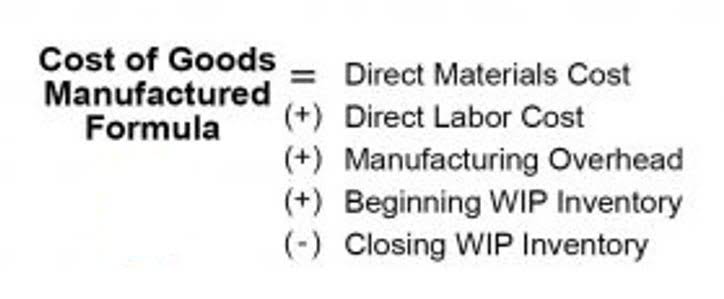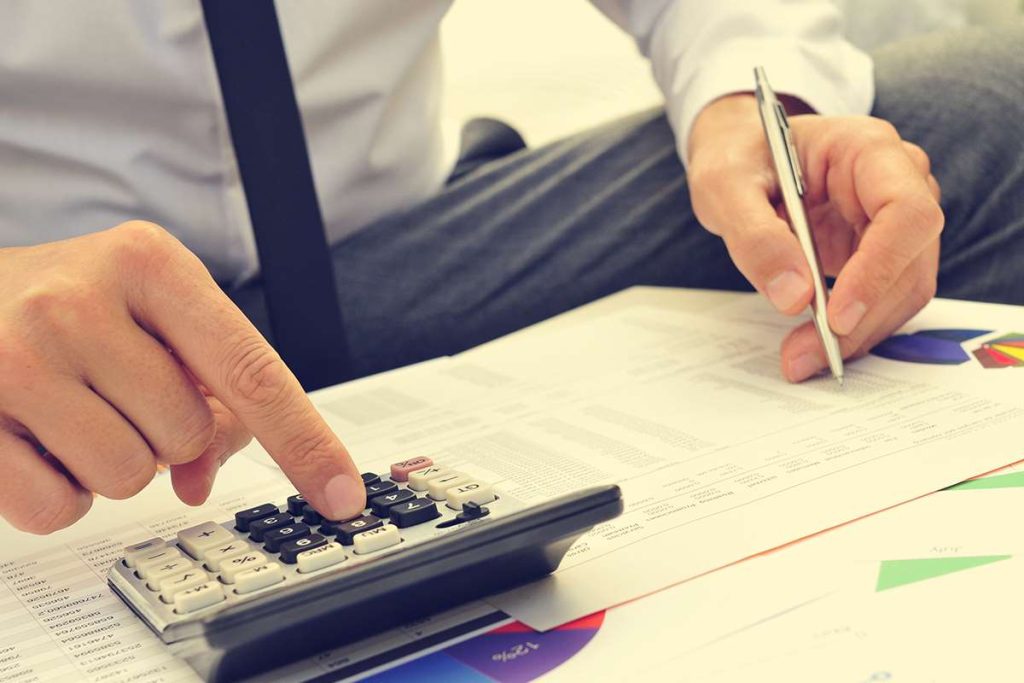What Is A Sole Trader: The Essential Guide To Going It Alone

Sole traders also face an element of risk that’s inherent with the business structure. Personal ownership means that sole traders are personally responsible for business debts which can place personal assets at risk. Working with an accountant helps to mitigate this risk as they will identify threats and ensure that the business is financially resilient.
Sign up for your free trial today to grow your sole trader business and manage your accounting the easy way.
Avoid mixing personal and business expenses as if they were socks in your sole trader accounting laundry—it makes sorting them out later a real headache. Always use separate bank accounts for personal and professional finances. It’s like misjudging the size of a puddle and ending up ankle-deep in water. Set aside a portion of your revenue for taxes each month to keep your feet dry.
The Rising Wages Impact on Small Businesses

This documentation is essential if queried by the tax authority and ensures accurate tax return filings. As a sole trader, mastering the art of record keeping is essential, akin to nailing a recipe for your favourite dish. Keep accurate records of all your business transactions; it’s not just good practice, but it’s also required by law. Fail to do this, and you might end up with financial headaches or, worse, attract penalties from HM Revenue & Customs (HMRC). It’s a bit like updating your address when you move; HMRC needs to know where to find you. This isn’t just for correspondence—it’s how you get set up for Self Assessment tax returns, which are non-negotiable.
Getting Your Records Audit Ready

IR35 legislation targets disguised employment, where workers supply their services to clients via an intermediary entity like a limited company, but are essentially employees. net sales As a sole trader, you aren’t directly hit by IR35, as your business isn’t considered a separate entity. This means your business will exist as its own entity, legally speaking. What are its pros and cons, and how do you go about becoming a sole trader?

Start using Xero for free
- This smart move keeps your sole trader business solid while you check out potential new routes to profit.
- There are considerable benefits sole traders can gain by maintaining meticulous, up-to-date accounting records.
- The key difference is you’ll be running things alongside at least one other person, sharing control, profits, and also any losses.
- It can be a daunting task as every receipt, invoice, and bill must be logged, however it’s essential for creating the likes of accurate tax returns and business plans.
Our fees are fixed and all-inclusive so you know exactly where you stand every month. Sole trader accounting goes beyond just handling tax obligations, and by engaging an accountant early sole traders can accelerate their business growth. An accountant will play a key role in providing strategic guidance in this regard. However, as soon as a sole trader ‘s accounting obligations become more complex, and require the production of annual accounts, the use of accounting software is recommended.
- Its $15 a month starting price is a bit higher than average, but if your business relies largely on invoices to get paid, give FreshBooks a hard look anyway.
- This means there’s no legal distinction between the business and the owner’s finances.
- However, self-employed persons must pay the total percentage, 15.3% of the first $147,000 in net earnings.
- Beyond that, it’s also helpful for a sole trader to have a clear view of their financial position.
- You can create a recurring profile in a few clicks and FreshBooks will automatically send the invoices for you, freeing up time for more important tasks.
- This means maintaining a separate cash receipt journal and cash disbursements journal, and little else.
Implementing the right bookkeeping software is invaluable for streamlining financial compliance under Making Tax Digital as a sole trader. Solvent traders reap significant advantages by avoiding the pitfalls of tight bookkeeping protocols. The completeness and accuracy of records directly impact their financial visibility to control the fate of their entrepreneurial endeavors and personal assets. Small teams allow sole traders to have more informal accounting processes versus corporations.
Lower start-up costs
- Business costs are anything you have spent money on to help you earn your income, such as office supplies or travel costs.
- In scenarios where you’re scaling up or dealing with complex transactions, you’ll appreciate a tool with more advanced features.
- There are plenty of ready-to-go sole trader software packages available to choose from that tick all of the boxes above.
- So, as you can see, there are plenty of options for sole traders to help keep their accounting in order.
- Next, you’ll need to file your final Self Assessment tax return, covering your last period of trading.
In partnership with Mazuma, FreshBooks provides sole traders in the UK with online accounting Food Truck Accounting services. Proper bookkeeping is essential for the success of any sole trader business in Australia. It allows owners to manage cash flow effectively, make informed decisions about future investments or expenditures and ensure compliance with taxation laws. This not only saves time but also reduces the risk of losing important documents. With organised records, you can easily reconcile bank accounts, track expenses against your budget, and generate accurate financial statements.
It’s hard to see an up-to-date picture
If taking cash payments out and about, log in to a mobile app if offered by your accounting software provider. Careful tracking of accounts payable helps plan supplier payments properly. Detailed expense logging and reporting reveals areas to cut costs. Frequent financial statement analysis highlights issues to address to improve profit margins. Remember, you can be profitable on paper but still face financial woes if your actual cash isn’t managed properly. Some sole traders swear by the traditional calendar method, ahead of time marking expected payment dates and expenses.
